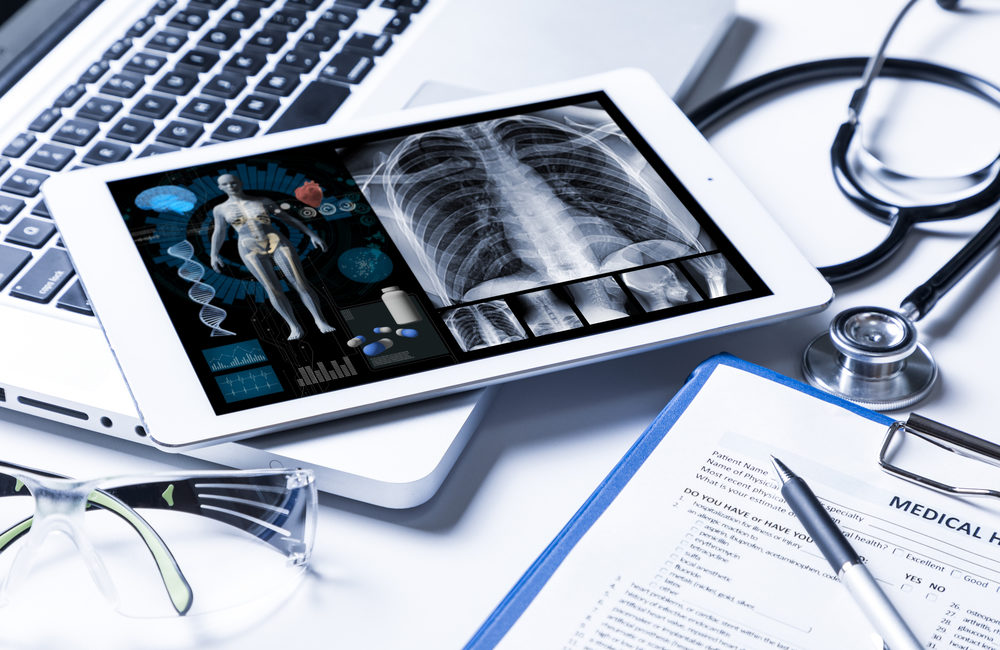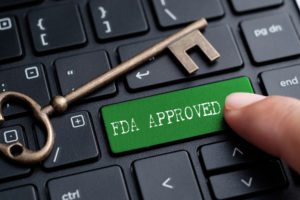The U.S. Food and Drug Administration (FDA) is a federal regulatory agency responsible for monitoring and reporting on food, pharmaceutical, and medical devices. A series of widespread injuries caused by FDA-approved drugs and medical devices – coupled with a damning scandal about their hidden database that distorts safety information – has left many Americans questioning the effectiveness of the agency.
In the last 10 years, more than 80,000 people have died as a result of FDA-approved medical devices. Two million people have suffered life-changing injuries. Is this the price of medical innovation, or can the federal agency be doing more to regulate medical devices?
Dangerous Medical Devices
When it comes to healthcare, we all want to believe that we are being treated with the utmost care, skill, attention, and respect. Sadly, there are many cogs in the wheel of healthcare, and as patients, none of us can ever really tell just how safe we are. Consider, for example, some of the most controversial medical devices which have been FDA-approved, and also have been linked to serious injuries.
Vaginal Surgical Mesh Products
Last month, the FDA finally announced a complete recall of all vaginal mesh products. After decades on the market, patients no longer have to fear injury from pelvic surgical mesh. Sadly, the recall followed more than 100,000 complaints of injuries related to mesh medical devices.
Pelvic mesh presented a public safety hazard that was seemingly obvious to everyone except the FDA. In the last 10 years, manufacturers have spent a combined $8 billion to resolve litigation concerning injuries caused by vaginal or pelvic mesh. Lawsuits over pelvic mesh have culminated into one of the largest mass tort actions in United States history. Victims and their attorneys have been successfully arguing in court for years that the majority of these medical devices received FDA approval based on essentially no clinical data.
Use of Surgical Mesh
Pelvic mesh is used to repair a condition known as pelvic organ prolapse (POP). Supposedly, the addition of synthetic mesh helps to strengthen the tissue wall to prevent the recurrence of organ prolapse. However, synthetic mesh is considered a permanent implant. We at Drug and Device Watch have commented extensively on the dangers of pelvic mesh and the injuries it is known to cause.
According to the New York Times, pelvic mesh manufacturers have been able to take advantage of regulatory loopholes in the FDA approval process and have benefited from slow and ineffective post-market surveillance by the agency. In the end, these products have stayed on the market long enough to kill 80 people in the last 10 years. Medical device attorneys and far too many patients have been well aware of the danger these medical devices present.
Breast Implants
Again responding to public outcry, this time surrounding illness and injury from breast implants, the FDA announced earlier this year a large scale investigation into the causes of breast implant illness. Breast implant illness is a term only recently coined in the medical community that describes illnesses particular to patients who have received breast implants. These illnesses include:
- A certain form of rare cancer
- Immune system disease
- Connective tissue disease
Despite their posturing and public calls for more stringent post-market surveillance, the FDA announced last week that it would not ban textured breast implants. Textured implants are those linked to a rare form of cancer. The cancer occurs in a high rate among breast implant patients.
Similar to surgical mesh, breast implants have been used as medical devices for decades. They appeared on the market and received FDA approval based on weak evidence of their safety. At this time the FDA is saying the hundreds of thousands of women who receive breast implants every year do not need to be concerned about injury from their medical devices.
Despite what the FDA says, advocacy groups and physician groups argue that women are suffering now and that breast implant illness is a true medical phenomenon. The debate begs the question: is the FDA doing enough to protect Americans from dangerous medical devices?
Medical Devices that Remained on the Market Too Long
Surgical mesh and breast implants are examples of medical devices that have been subject to lawsuits and headlines for decades. In recent years, several of types of medical devices have caused injury to hundreds of patients. Unfortunately, victims are forced to wait for the FDA to catch up with complaints and take action. Some of these medical devices include:
- Essure – A permanent birth control device, Essure has caused more than 800 pregnancy losses and is linked to autoimmune disorders. The manufacturer voluntarily stopped selling the device, citing low sales instead of a safety concern.
- Metal-on-Metal (MOM) Hip Systems – Metal hip replacement devices have been known to release metal shards into the body, causing heavy metal poisoning.
- Defibrillators – Wearable defibrillators misfire and can shock their users at random. The devices can also fail to work at all when a patient needs them.
- Surgical Staplers – misfire with unknown regularity. Malfunctioning surgical staplers are the device that alerted Kaiser Health News to the scandal surrounding the FDA’s hidden database.
- Robotic Surgery – Robotic surgery devices can malfunction. Software may become ineffective or outdated, which can lead to ineffectiveness. Surgical robots can also improperly store or retrieve information. Like any technology, there is also the risk of malfunctioning, which can maim or even kill patients.
Regulation vs. Innovation
Recently, the FDA has been speeding up the device approval process to bring innovative new medical devices to the market. The advantage of a faster approval process is that it gets innovative medical devices into the hands of medical professionals sooner. That means the potential for an enormous positive impact in the life of the patients who use it.
The obvious downside is that a truncated vetting process exposes consumers to medical devices that could, and do, cause pain and suffering. Some devices cause injury to a significant percentage of patients who use them. Once a device has FDA approval and is on the market, the process of removing the medical device from the marketplace moves somewhat slowly.
The FDA generally relies on a series of safety warnings, specifically targeted recalls for certain units, and post-market surveillance studies. A review is conducted before forcing taking action to remove medical devices from the market entirely. That process can take years.
In the meantime, patients seem destined to become statistics the FDA will study as they are injured. Many are dying. What is the purpose of a federal agency like the FDA if not to define the tipping point? Where is the line between cutting-edge medical innovation and medical regulation that can also save lives?
What to Do if you Have Been Harmed by Dangerous or Defective Medical Devices
FDA regulation is intended to be a preventative measure with the goal of reducing risks and improving safety. When the agency fails to keep a dangerous product from the market, it becomes a participant in risking lives.
While the FDA may be a participant, device manufacturers are ultimately responsible for any injuries or deaths that occur because of their medical devices. Manufacturers and the FDA should be alerted to adverse events, and patients should take steps to hold those responsible accountable.
Take the first steps toward accountability and getting compensation for your injuries by contact Drug and Device Watch. Our attorneys have proven results with cases involving surgical mesh, breast implant illness, hip implants, and other medical device injuries If you or someone you love has been injured by medical devices, contact us online or call 1-888-458-6825.
Source:
https://www.nytimes.com/2019/05/04/opinion/sunday/medical-devices.html

